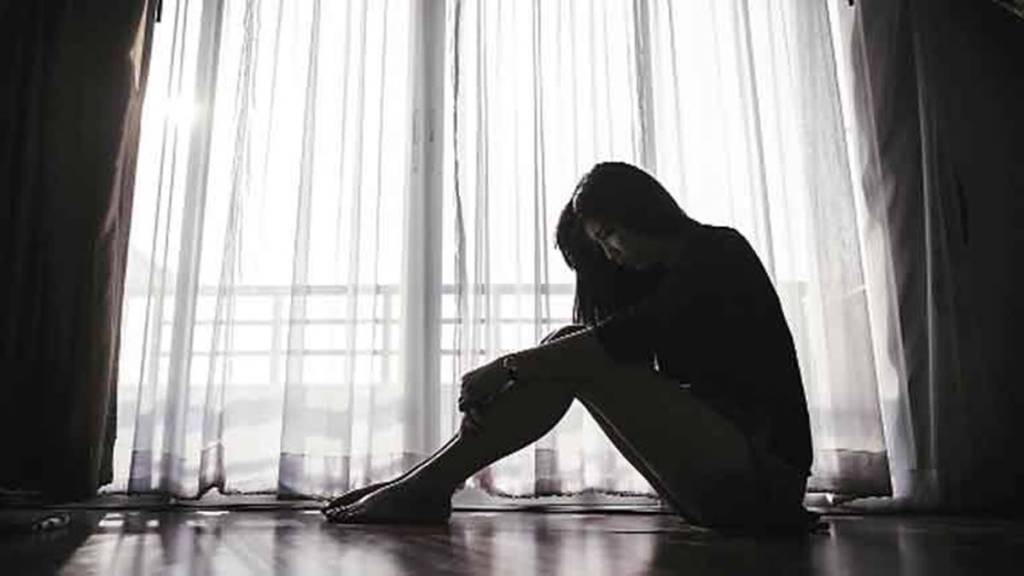Normal responses to life’s challenges are feelings of sadness. When this sadness becomes all-consuming, a red flag may well be raised. Depression can affect many aspects of a woman’s life. How people think they handle daily routines such as eating, sleeping, and working can envelop their entire world in a thick, opaque fog that affects every aspect of their lives and can rob them of energy and optimism, leaving them feeling empty and powerless.
An estimated 16 million Indian women suffer from depression each year, and many are unaware of their condition. Women are nearly twice as likely as men to experience depression. There are numerous genetic, hormonal, psychological, and social factors that contribute to the etiology of depression in females. Depression can range in severity from mild to major, with symptoms including loss of appetite, trouble sleeping, lack of interest in daily tasks, and persistent suicidal thoughts. In addition to these overwhelming emotions, there are numerous other depressive symptoms as well.
Dr. Malini Saba, a psychologist and a global advocate for women and girls, discusses the top signs of depression, believing that understanding the symptoms of an illness is the first step in combating it.
- Emotions of guilt, failure, and sadness:
Depression’s hallmark clinical symptoms are guilt, lack of self-confidence, and a pessimistic perspective. Some women may display an exaggerated sense of guilt, blaming themselves excessively for their mistakes. Self-blame is more prevalent among depressed women than external blame.
- Anxiety:
Depression-afflicted women are susceptible to worry and fear. Anxiety is more than a sensation of apprehension that something has happened or is about to happen. Anxiety disorders violently disrupt peace of mind, tormenting them to the point of worrying over the tiniest details and leading to paranoia. An anxiety attack might make it harder for a woman to climb out of a deeper hole of despair.
- Isolation:
Some women with signs of depression find social interaction exhausting and, as a result, crave solitude. Isolation or the avoidance of social engagement and social contact are symptoms of the medical condition known as anhedonia, which is the loss of experiencing pleasure in once enjoyable activities. This is a fundamental symptom of depression. One of the initial signs of the problem is adhesions.
- Fatigue:
According to a study published in Psychiatry in 2004, fatigue is also a typical sign of depression in women. In a 2000 study published in European Neuropsychopharmacology, 73% of 78,463 participants identified fatigue as a symptom of serious depression.
This is how fatigue is a prominent depression symptom: Serotonin, a neurotransmitter in the brain, is important for the production of positive emotions. Another neurotransmitter responsible for producing energy is epinephrine. In clinical depression, the brain’s serotonin production is inhibited, resulting in diminished epinephrine production. This mechanism causes persistent exhaustion.
- Rage and irritability:
Depression is sometimes characterised by impatience and hostility, in addition to overpowering feelings of hopelessness. Women with depression may appear to disintegrate over seemingly insignificant conditions. Anything can cause an outburst in a depressed individual.
Recent research indicates that irritation and anger during depression may be clinical indicators of a more severe and complex type of major depressive disorder.
What factors increase the likelihood of depression in women?
Many factors, including biological, interpersonal, personality, and psychological characteristics, raise the risk of depression in women.
Hormonal fluctuations that occur during a woman’s lifetime raise her risk of developing depression. From adolescence through pregnancy, menstruation, and menopause, women experience several hormonal shifts that may contribute to the onset of depression. Women who combine work and family responsibilities, women who are single parents, and women who experience greater stress as a result of their daily lives are more likely to develop depression.
The onset of depression in women may also be influenced by the following factors:
- History of mood disorders in early reproductive years
- Loss of a social support network
- Family history of mood disorders
- Persistent social or psychological stress
- Loss of a parent before age 10
- Usage of specific medications
- Physical or sexual abuse as a kid









